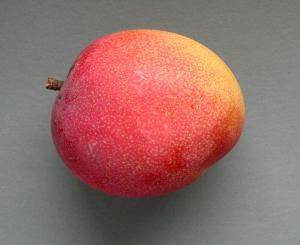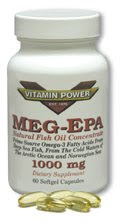Vitamin C May Improve Mood
Vitamin C May Improve Mood, According To New Study... Important New Research On Vitamin C For Cognitive and Mental Function Supplementation with vitamin C could improve the emotional state of hospitalized patients, according to new research. The trial, published in the journal Nutrition , suggests that increasing vitamin C levels in acutely hospitalized patients, who often have vitamin deficiencies, could measurably improve mood response scores by 34 percent. "About one in five acute-care patients in our hospital have vitamin C levels so low as to be compatible with scurvy," said research scientists at McGill University, Canada. "Patients are rarely given vitamin supplements. Most physicians are simply unaware of the problem. Subclinical deficiencies of vitamin C and D have each been linked to psychological abnormalities, so we examined that aspect in our clinical trial," they added. Deficiency The term hypo-vitaminosis C usually implies a deficienc...




